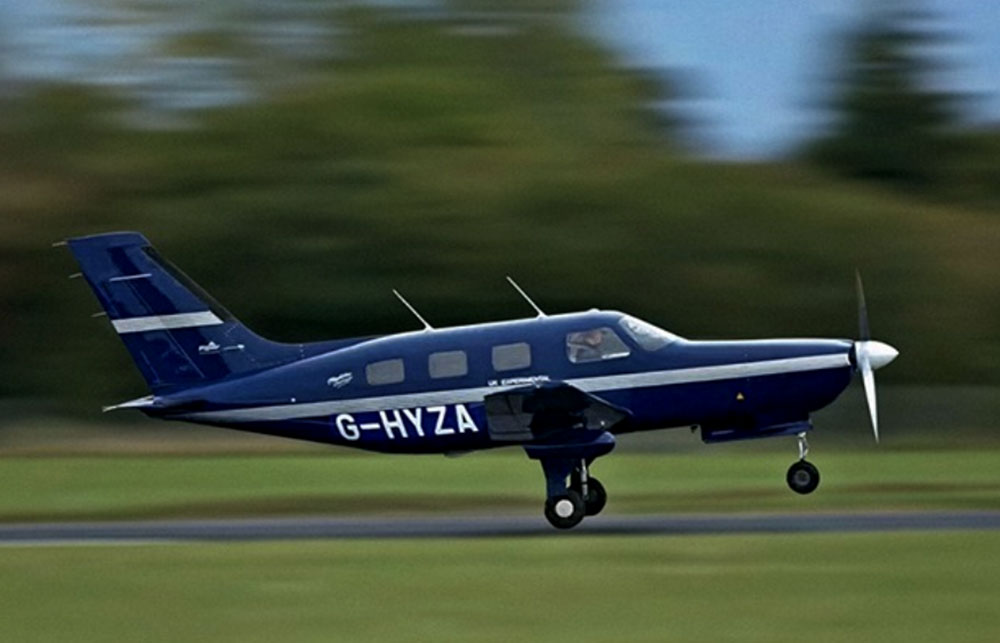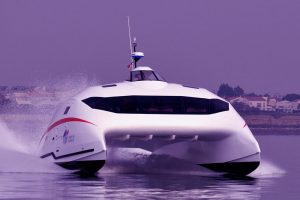Hydrogen plane startup ZeroAvia raises $21.4 million in funding round led by Breakthrough Energy Ventures and others.
ZeroAvia, a company founded in 2017 to develop commercial-grade aircraft powered by hydrogen fuel cells, raised $21.4 million from Amazon’s Climate Pledge fund, as well as Bill Gates’ Breakthrough Energy Ventures, and Shell Ventures, in its latest fundraising round closed this week.

The startup ZeroAvia also secured separate funding of $16.3 million from the U.K. government and struck a partnership with British Airways to help the airline transition from fossil fuels to hydrogen energy sources.
California-based startup, which has completed 10 test flights with a six-seater propeller plane powered by hydrogen, included Amazon and energy giant Royal Dutch Shell.

Hydrogen, which produces water when it burns, is seen as a potential alternative for the aviation industry, a major user of fossil fuels. Hydrogen can be made from fossil fuels or from water using electrolysis, although this an expensive process.
“ZeroAvia’s zero-emission aviation powertrain has real potential to help decarbonize the aviation sector, and we hope this investment will further accelerate the pace of innovation to enable zero-emission air transport at scale,” Kara Hurst, Amazon’s vice president for worldwide sustainability, said in a statement.
ZeroAvia’s first commercial product will be the powertrain for 20-seater planes. About 10,000 such planes are operating in the market today, commonly used in hub-and-spoke operations such as air freight, where the planes are returning to a central depot on fairly predictable schedules, he said. Amazon Air, the retail giant’s freight fleet, has around 70 aircraft in operation.
To get to larger sizes, the company has to increase the power density of the fuel cells.
“The power density is around 3 kW per kilogram for a small [rotor] turbine. For a Boeing 777, that figure needs to be around 10 kW per kg. In the automotive sector today the density is 0.7 kW per kg. As we work on that, increasing it further and further, we get more segments unlocked,” he said.
Share this:
- Click to share on Facebook (Opens in new window)
- Click to share on Twitter (Opens in new window)
- Click to print (Opens in new window)
- Click to share on LinkedIn (Opens in new window)
- Click to share on Reddit (Opens in new window)
- Click to share on Tumblr (Opens in new window)
- Click to share on Pinterest (Opens in new window)
- Click to share on Pocket (Opens in new window)
- Click to share on Telegram (Opens in new window)
- Click to share on WhatsApp (Opens in new window)




